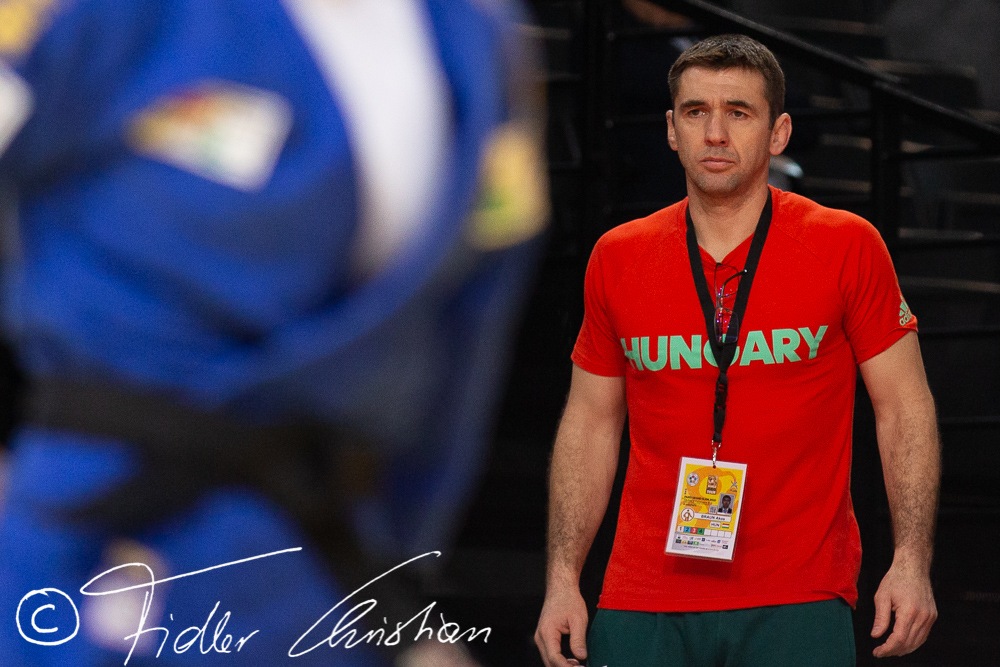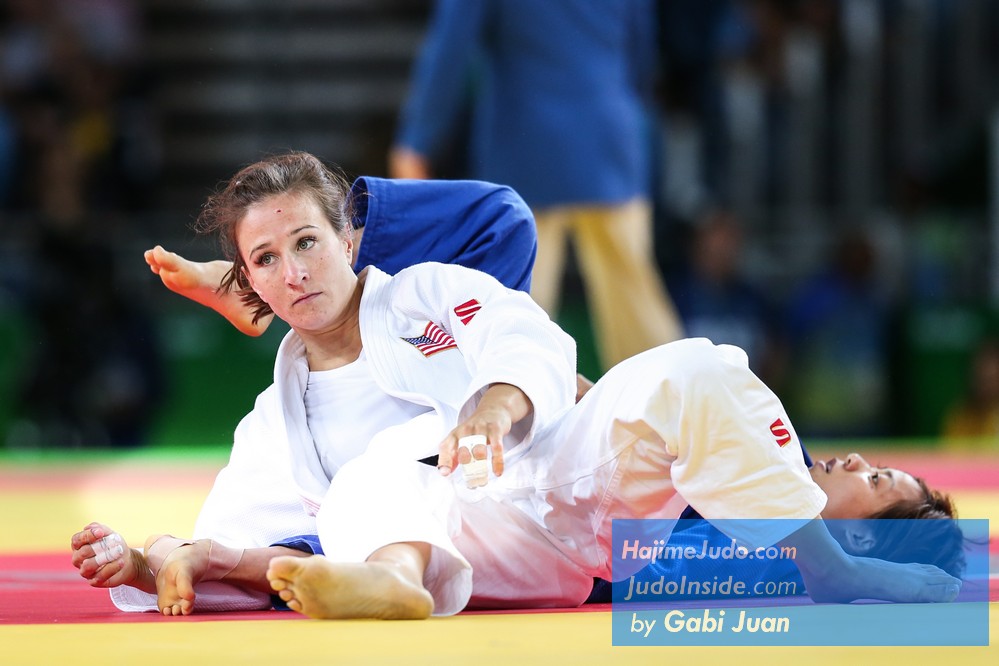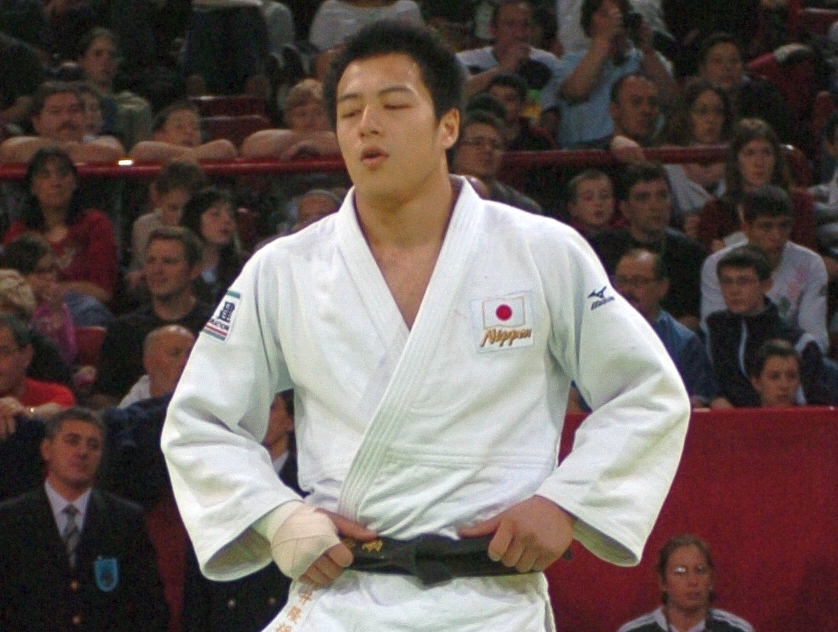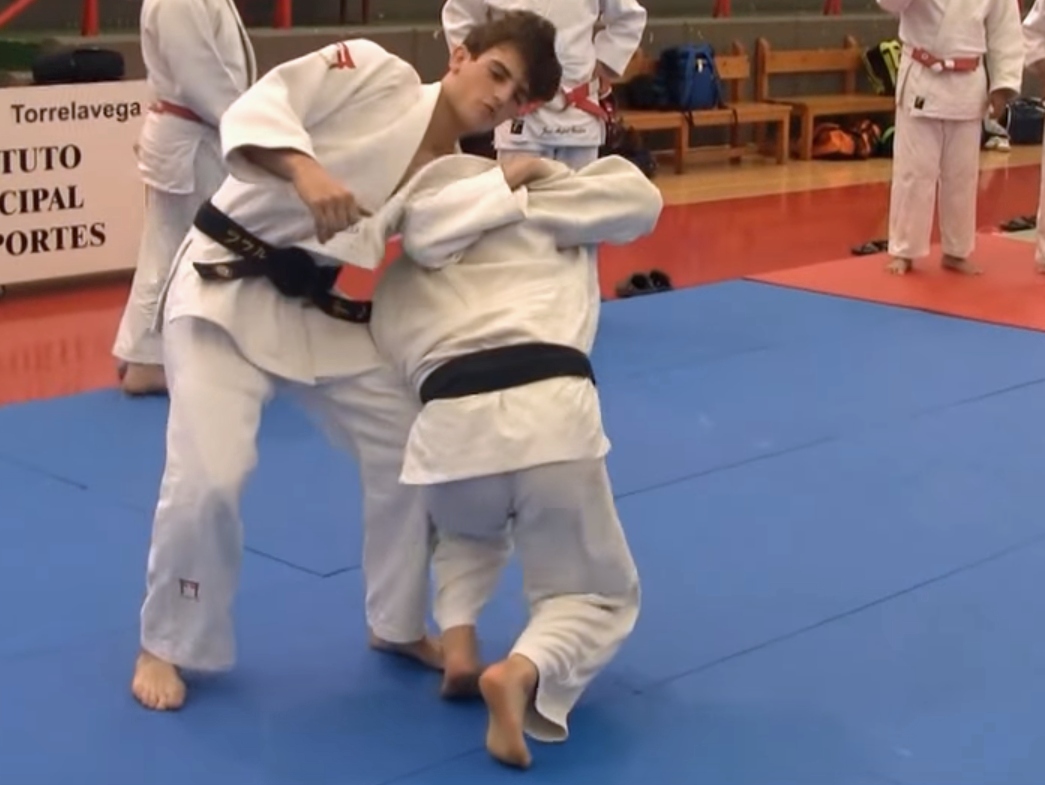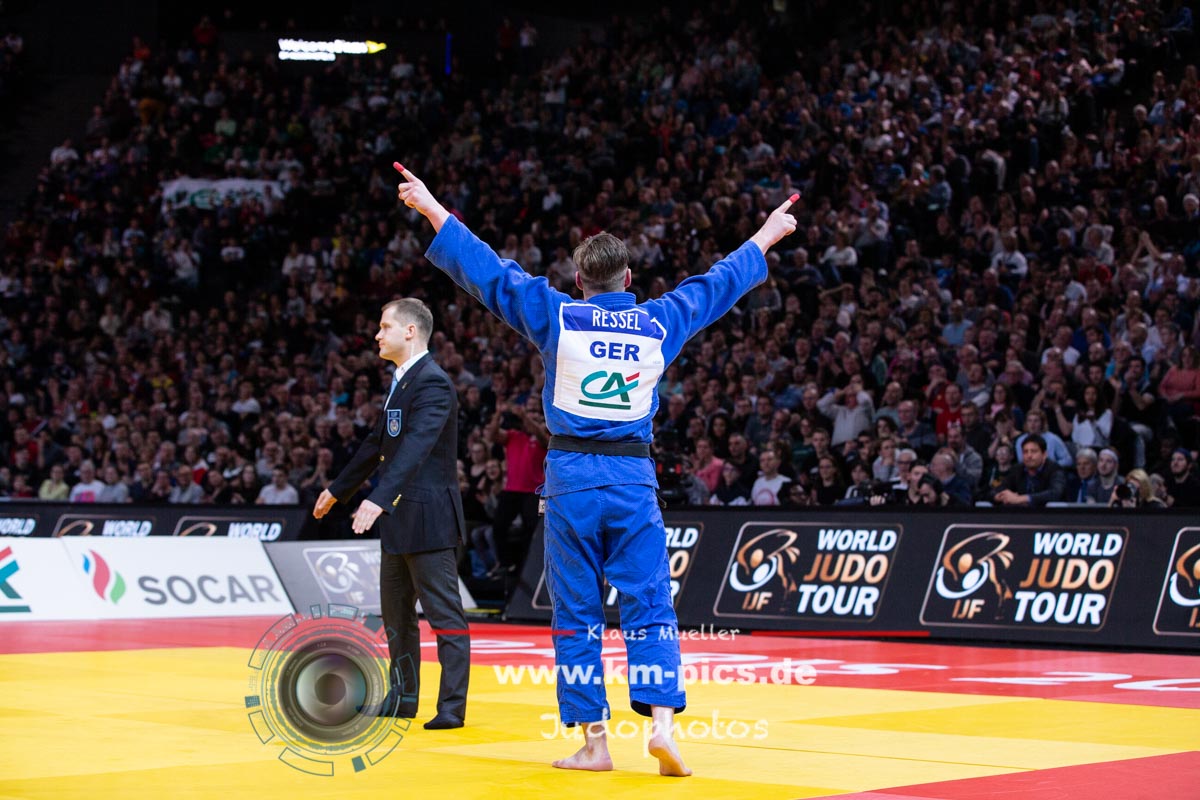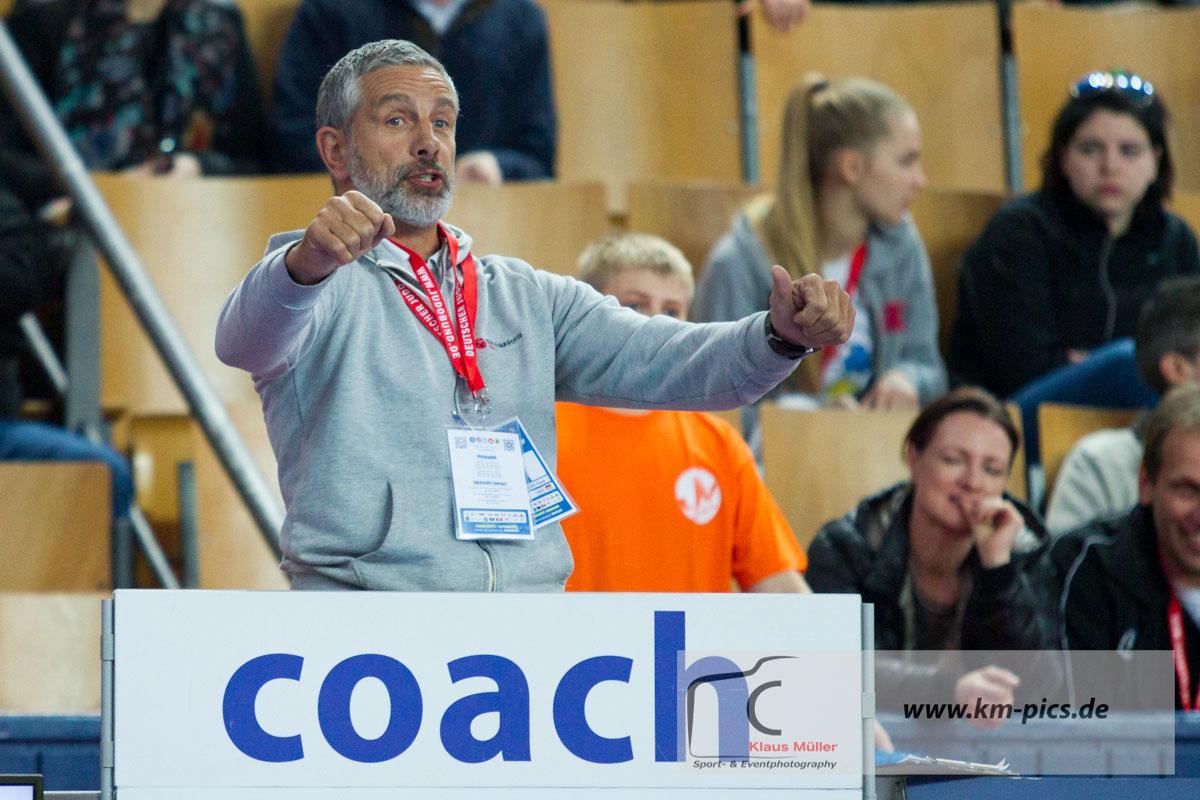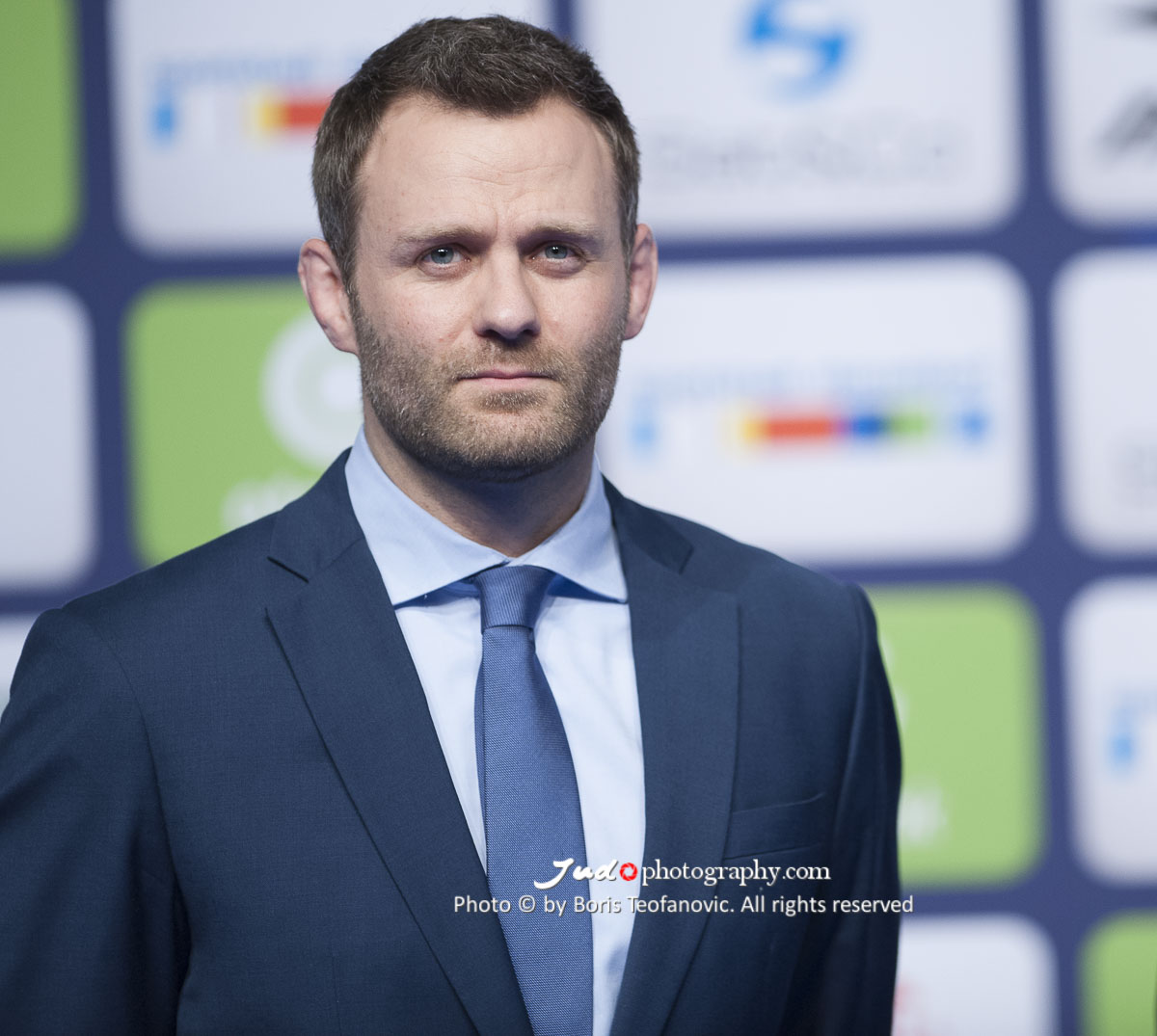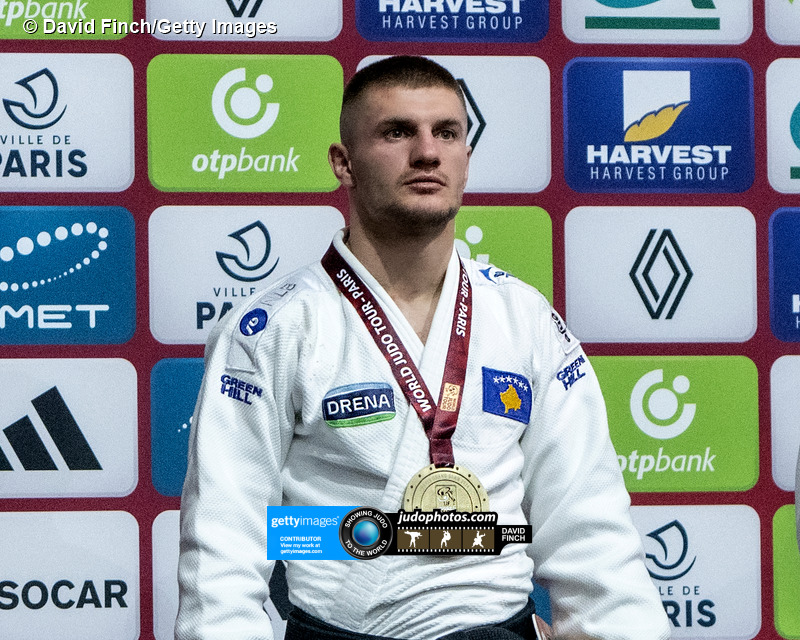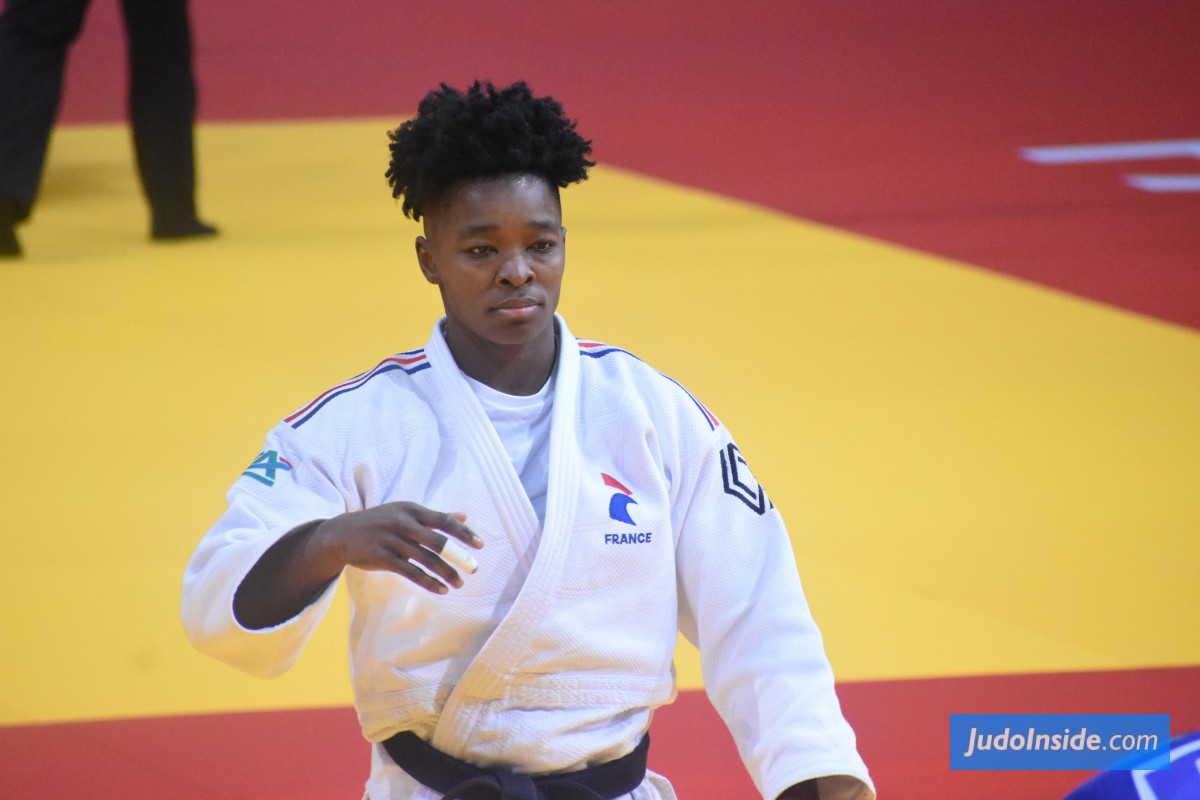Effects of Judo Training on College students and their academic performance
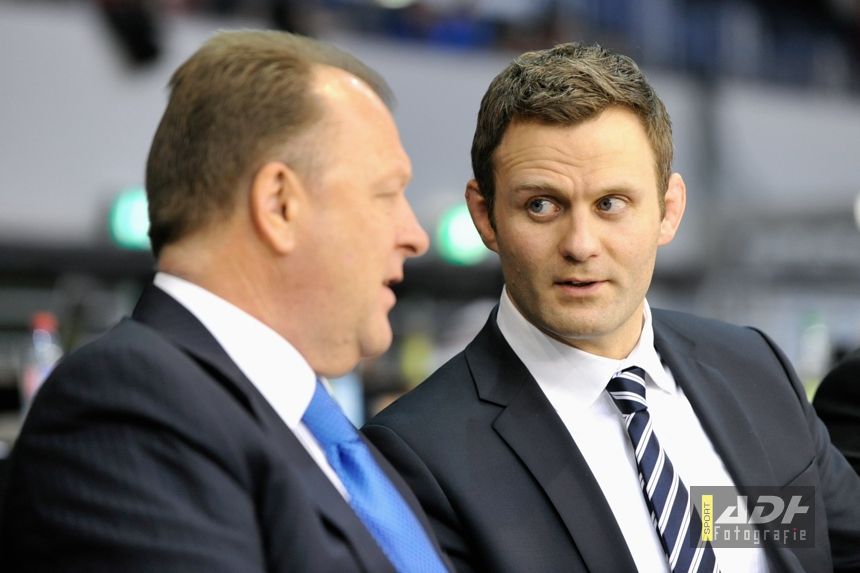
 21 Oct 2020 09:30
21 Oct 2020 09:30
 Robert Everett
Robert Everett
 Andre de Heus
Andre de Heus
Most people would agree that high sports participation can increase students’ motivation and teach both teamwork and self-discipline. Some studies have shown that individuals who do physical activities perform better in school than those who do not. For most students, getting some exercises means getting more things done. Doing various kinds of sports, including judo, helps not only take care of the body but also lets the mind follow positive patterns of achievement.
Effects of sports on students' academic performance
> Physical activity helps create new nerve cells and support synaptic plasticity which leads to more effective learning.
> According to the research, physical activity has a significant positive impact on the ability to access knowledge and experience.
> Doing judo or another kind of sport boosts the ability to apply memory skills.
> Regular physical exercises have a positive correlation with higher levels of attentiveness at school or college. It improves the ability to focus, absorb, and recall subject materials.
> Doing sports at a young age contributes to positive cognitive development through increasing blood flow to the brain and boosting norepinephrine and endorphins levels.
Even though there is a common belief that doing sports may negatively impact students’ academic performance because it takes time away from learning, research proves that participation in physical activity has a positive influence on students’ efficiency in the classroom.
Students that are not engaged in sports are more likely to fall behind with the studies. Because of the lack of physical activity, their cognitive skills may not be developed to the highest extent. This way, students cannot unlock their potential at the lessons or while doing their homework. As they are not much efficient with study, they seek outside help or resort to cheating. One of the most common problems occurring at educational institutions is plagiarism. To avoid it, both students and teachers use Edubirdie which is an online plagiarism checker. It’s an essential thing while writing an essay or a research paper because it helps to avoid submitting unintentionally plagiarized content. All in all, the education system should encourage pupils to add regular physical exercises to their daily routine in order to be efficient and keep up with their studies.
Top judoka with a degree
The following athletes won the Judo World University Championships in 2006 and all won medals at World Championships.
Ole Bischof
Ole Bischof is a German judoka that became an Olympic champion in 2008 in Beijing. In February 2012, he won the Paris Grand Slam and the Düsseldorf Grand Prix. At the Olympic Games in London in 2012, Bischof took silver.
During his sports career, Ole Bischof managed to gain a degree in Economics at the University of Cologne. Probably, his education helped him to become a vice-president of competitive sports for the German Olympic Sports Confederation in 2014.
With CustomEssayMeister, the essay writing service will make it all so so much easier.
Takamasa Anai
Takamasa Anai is a Japanese judoka who became World Judo Champion in 2010. He began doing judo at the age of 5 combining it with education. In 2002, Takamasa Anai won the Junior world title in Jeju, and in 2007 he won the World Student Championships in Bangkok. He also took part in the London Olympic Games. Now, Takamasa Anai is the coach at his alma mater, Tenri University.
Marti Malloy
Marti Malloy had success at both the junior and senior levels. In 2002, she claimed a gold medal in her first senior international competition in Canada. Marti Malloy won a silver medal at the Judo U.S. Open and became the only U.S. athlete who managed to get gold at the Junior Pan American Championships.
In 2012, she won bronze at the London Olympic Games and a silver medal at the World Judo Championships in Rio de Janeiro in 2013. While training for the 2012 Olympic Games, Marti Malloy was also pursuing a degree in Advertising/Marketing at San Jose State University. Her experience proves that balancing studying and a professional career in sports is not only possible but highly rewarding.
Akos Braun
Akos Braun from Hungary was World Champion in 2005 and became World University Champion in 2006. After he captured gold at the World and European Championships in 2005, Akos Braun was named Hungarian Sportsman of the Year. He is not only a talented judoka but a highly educated person as well. Akos Braun has two diplomas as an IT engineer and software developer and as a mathematician, so he is currently using his academic achievements within the judo community in the role of an IT expert besides helping top judo talent in Hungary.
As you may see, doing judo has benefits for both personal development and education. Famous judoka mentioned in this article prove that doing sports professionally can contribute to successful academic performance and career growth. Moreover, the good thing is that professional athletes have chances to get funding for their education, so why not to combine sports and study at college?
Author’s Bio
Robert Everett is an academic writer and former professional judoka. Robert devoted his young years to judo and won numerous championships. Now he combines both academic writing and part-time judo coaching.
 like
like
 share
share
 - COSTA, Manoella (BRA) (2).jpg)
| Result | City | Date |
|---|---|---|
| 2 | Paris | 30 Jul |
| 1 | Abu Dhabi | 21 May |
| 1 | Zagreb | 26 Apr |
| 3 | Belgrade | 2023 |
| 2 | Montpellier | 2023 |
